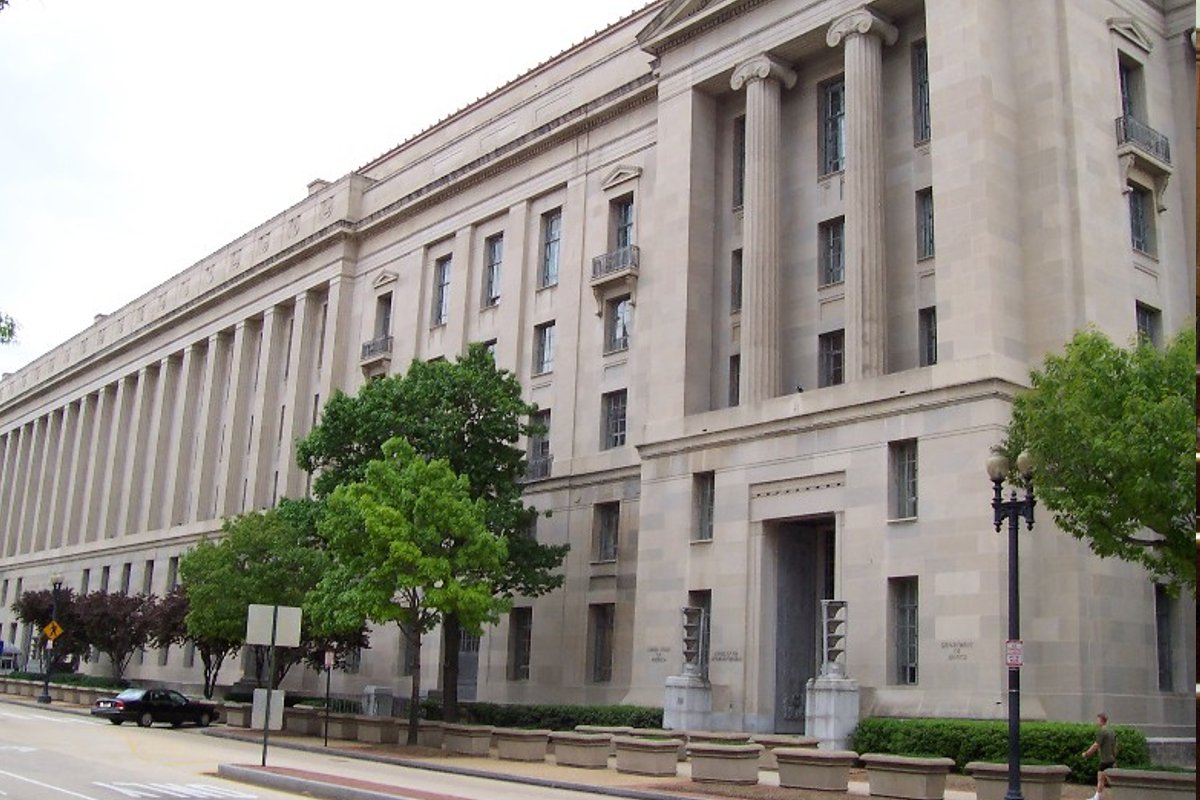False Claims Act: Offense and Defense
Description: Each year private citizen suits under the False Claims Act have returned billions of dollars to Federal and State treasuries. These suits leverage the government’s compliance enforcement resources and provide bounties to those individuals or entities – known as relators – who initiate them.
Who has standing to bring these suits? How are they investigated and put together? What are the pleading requirements and what role does the government play in overseeing this litigation. These issues along with relevant ethical concerns will be discussed from both the Relator and the Defendant perspective.
It is a program of particular interest to plaintiff counsel’s seeking to explore new litigation opportunities, and defense counsel, in-house and insurance counsel who work with clients who do direct or indirect business with the government and are subject to liability under the False Claims Act. It is a program of particular interest to those in the healthcare, education, and defense arenas or for those involved with any client operating in whole or in part with government monies.
The False Claims Act, involving cases filed under seal on behalf of the government, presents unique challenges under the ethical rules. The program will explore these challenges with an eye toward the applicable ethical rules and considerations.
Reuben Guttman is a founding member of Guttman Buschner, PLLC (GB). His practice involves complex litigation and class actions. He has tried and/or litigated claims involving fraud, breach of fiduciary duty, environmental derelictions, antitrust, business interference and other common law torts or statutory violations.
The International Business Times called Mr. Guttman “one of the world’s most prominent whistleblower attorneys,” and he has been recognized as a Washingtonian Top Lawyer by Washingtonian Magazine. A February 19, 2015 profile of Mr Guttman by the Boston Globe’s STAT NEWS referred to him as the “Lawyer Pharma Loves to Hate.” Citing a $98 million recovery from Community Health Systems, Inc., Law 360 named Mr. Guttman a “Health Care MVP” and profiled him in a December 1, 2014 article. Author David Dayen, writing in his Book, Chain of Title (The New Press, 2016) cited Mr. Guttman’s work on behalf of robo-signing whistleblower, Lynn Szymoniak, noting “he had won some of the largest awards in the history of the False Claims Act; there was really nobody better for the case.” Writing in their book, The Corporate Whistleblower’s Survival Guide, (Berrett-Koehler Publishers, Inc., 2011), authors Tom Devine and Tarek F. Massarani wrote that “in settling qui tam litigation, [Mr. Guttman] has aggressively and successfully negotiated for corrective action against public health and safety consequences from prescription drug fraud.” In the book, When Good Companies Go Bad, (ABC CLIO, 2014), authors Donald Beachler and Thomas Shevory profiled Mr. Guttman’s off label marketing case against Abbott labs, involving the drug Depakote, which resulted in a $1.6 billion recovery in 2012 for state and federal governments. The Spring, 2013 Cover Story for the Emory Lawyer, profiled Mr. Guttman as one of Emory Law School’s leading players in the area of complex litigation noting that “even before filing a case, Guttman’s team engages in intensive investigation, retains experts and prepares as if a trial is imminent.”
Adam S. Hoffinger is co-chair of the firm’s White Collar Defense & Government Investigations Group. Adam focuses his practice on complex civil and white collar criminal matters, including securities, health care, False Claims Act (“qui tam”), the Foreign Corrupt Practices Act (FCPA), export sanctions, criminal tax, money laundering, antitrust and bankruptcy. He conducts internal investigations on behalf of corporate boards of directors, bankruptcy trustees and public authorities. He counsels corporations and individuals in compliance matters, government investigations, and Congressional and regulatory matters. He also represents corporations and individuals in high-stakes civil litigation. Adam has defended numerous high-ranking executives and general counsel from some of the world’s largest companies, as well as high-profile staff and members of the Senate, Congress, White House and various government agencies, faced with federal and state criminal investigations and indictments. Adam is a fellow of the American College of Trial Lawyers and has successfully tried cases throughout the country.
Adam has been recognized in Chambers USA as “an absolutely fearless criminal defense lawyer” as well as for his “immense talent as a trial lawyer” and “strong advocacy skills,” in The Legal 500 US as “an aggressive trial advocate,” and in Benchmark Litigation: The Definitive Guide to America’s Leading Litigation Firms and Attorneys as a “celebrated government investigations practitioner.” He has also been recognized in The Best Lawyers in America, Expert Guide to the World’s Leading White Collar Crime Lawyers, Who’s Who Legal: Business Crime Defence, Global Investigations Review, Washingtonian Magazine and Washington DC Super Lawyers. Adam was named “Government Investigations Attorney of the Year” for 2015 and “Life Sciences Star” from 2013 to 2019 in LMG Life Sciences. In addition, he was recognized in the National Law Journal’s “Hot Defense List” for his jury trial victory on behalf of a former pharmaceutical executive in a criminal case charging conspiracy and violations of the federal Anti-Kickback statute. From 1985 to 1990, Adam served as an Assistant U.S. Attorney for the Southern District of New York. He received the Director’s Award for Superior Performance from the U.S. Department of Justice (DOJ) in 1990. He is an adjunct professor at The George Washington University Law School and has been an instructor at Georgetown University Law Center’s National Institute of Trial Advocacy (NITA) since 1992. He also serves on the alumni board of the Fordham University School of Law.
Source: https://westlegaledcenter.com/program_guide/course_detail.jsf?courseId=100277513&sc_cid=CELESQ_ws



